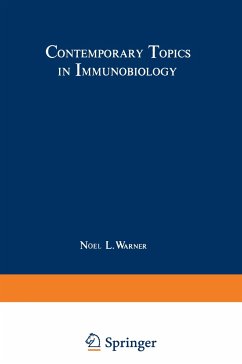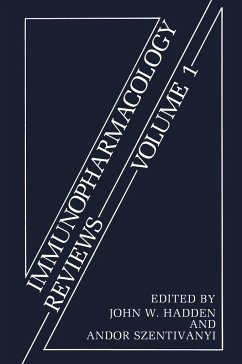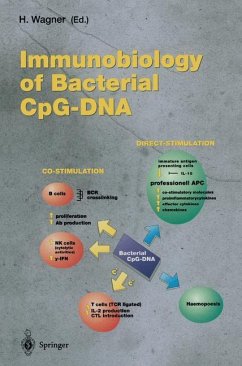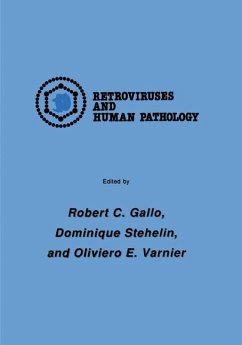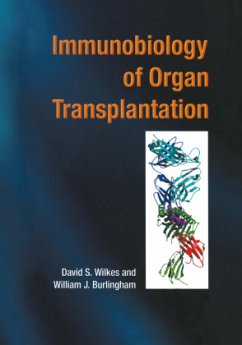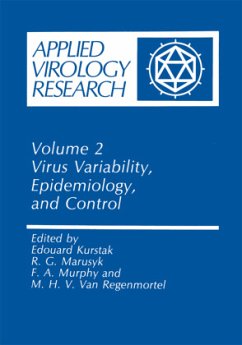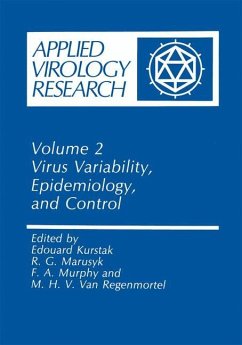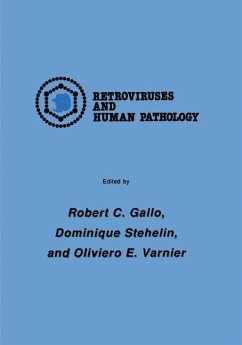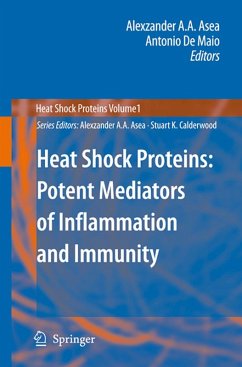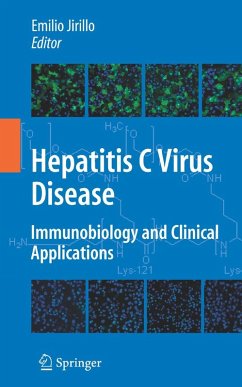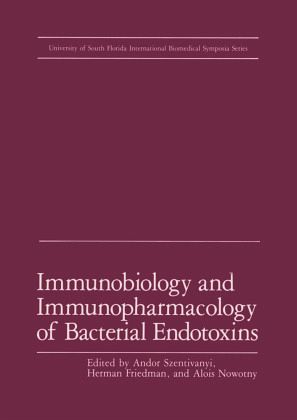
Immunobiology and Immunopharmacology of Bacterial Endotoxins

PAYBACK Punkte
20 °P sammeln!
Endotoxins are constituents of all gram negative bacteria, as well as many other microorganisms. Since their original discovery and study at the beginning and middle parts of this century, many investigations have been performed concerning their immunochemistry and physicochemistry, as well as their pharmacologic activities and physiologic effects on the host. It became widely recognized during the beginning of this century that the pyrogenicity of many microbial infections may be associated with endotoxins. Furthermore, some 80 years ago, attempts were begun to "treat" a variety of illnesses ...
Endotoxins are constituents of all gram negative bacteria, as well as many other microorganisms. Since their original discovery and study at the beginning and middle parts of this century, many investigations have been performed concerning their immunochemistry and physicochemistry, as well as their pharmacologic activities and physiologic effects on the host. It became widely recognized during the beginning of this century that the pyrogenicity of many microbial infections may be associated with endotoxins. Furthermore, some 80 years ago, attempts were begun to "treat" a variety of illnesses including neoplasia, with such "pyrogens", Le. , bacterial endo toxins. Inconclusive results were observed including some detrimental ones as well as, in some cases, beneficial ones. It became widely accepted that during infections with many gram negative organisms the fever occurring in patients, as well as many of the untoward pathophysiological effects of the infections, seemed to be due to the endotoxin the bacteria contained or released. In this regard, septic shock has been studied in detail by many clinicians, physiologists and pharmacologists and attempts have been made to relate the devastating effects of infection on metabolic and physiologic alterations caused by endotoxins. Recently, however, many beneficial effects of endotoxin have also been studied.



